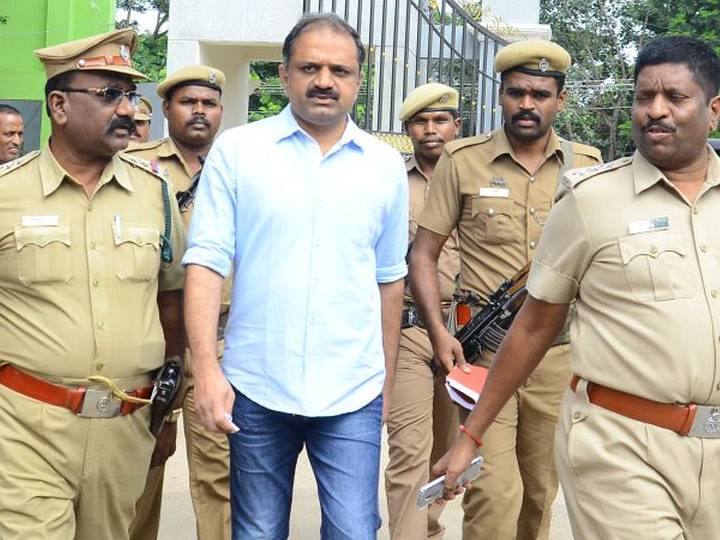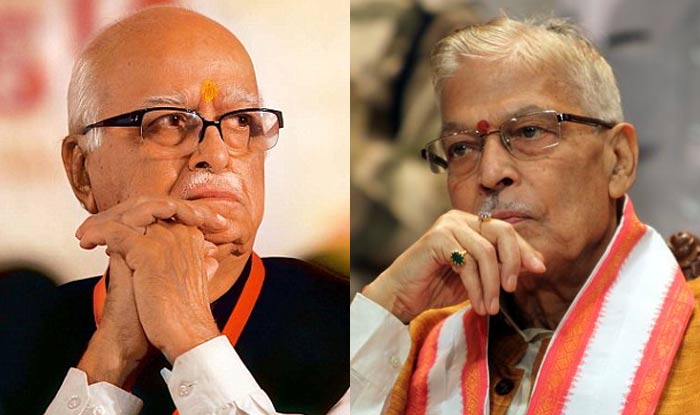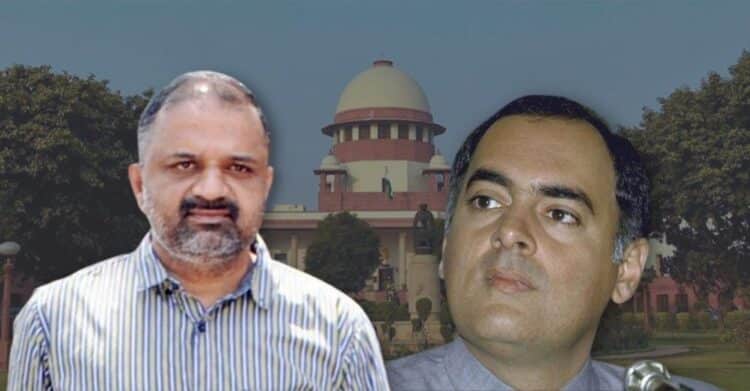In a historic judgment, the Supreme Court on Wednesday released AG Perarivalan, one of the convicted in the Rajiv Gandhi assassination case.
After 30 years of imprisonment, Perarivalan had approached the court questioning the delay in his release despite the Tamil Nadu government’s recommendation to remit his sentence in 2018. A bench consisting of Justices L Nageswara Rao, BR Gavai and AS Bopanna ordered Perarivalan’s release after the observation that the Tamil Nadu governor had delayed the decision to remit Perarivalan’s sentence.
The court noted that the powers of the governor under the Constitution’s Article 161 cannot be the reason for the delay. The court mentioned that this can be further subjected to review. The provision under article 161 gives the governor the powers to grant pardons, reprieves, respites or remissions of punishment.

Another provision used by the Supreme Court for the release is Article 142 of the Constitution. Article 142 gives Supreme Court the power to pass any order necessary to do complete justice in any case or matter pending before it.
The article says, “The Supreme Court in the exercise of its jurisdiction may pass such a decree or make such order as is necessary for doing complete justice in any cause or matter pending before it”
This is not the first time Article 142 has been used was used in the Ram Janmabhoomi-Babri Masjid land dispute case to hand over the disputed land to a trust to be formed by the central government.
The same article was used in the Babri Masjid demolition case against top BJP leaders LK Advani and Murli Manohar Joshi as well, to transfer the criminal trial from Rae Bareli to Lucknow, India Today reported.

Then-Prime Minister, Rajiv Gandhi was killed on May 21, 1991, at an election rally in the Sriperumbudur town of Tamil Nadu by a woman suicide bomber identified as Dhanu.
In 1999, around 26 persons were sentenced to death for planning the assassination. But later that year, the Supreme Court upheld the death sentences of only four of them – Perarivalan, Nalini Sriharan, Murugan and Santhan.
However, Nalini’s death sentence was commuted to life imprisonment in April 2000, and Perarivalan, Santhan and Murugan’s death sentences were also converted to life imprisonment in February 2014.
Also Checkout: Arvind Kejriwal makes free electricity optional
















